Life’s pressures can easily lead to a cycle of overthinking, anxiety, and emotional exhaustion. Cognitive Behavioural Therapy (CBT) offers a practical, evidence-based way to manage these challenges by helping us understand how our thoughts influence our emotions and behaviours.
The beauty of CBT lies in its simplicity and adaptability. With a few accessible techniques, you can use CBT every day to reduce stress, quiet your mind, and regain a sense of calm.
Understanding CBT for Stress
CBT is built on the idea that our thoughts, feelings, and behaviours are interconnected. When we feel stressed or anxious, it’s easy for our minds to spiral into negative thinking patterns that amplify distress.
By learning to identify and challenge unhelpful thoughts, you can start changing how you respond to stressors. Rather than trying to eliminate stress altogether, CBT helps you develop a more balanced, compassionate mindset, one that makes it easier to manage life’s ups and downs.
1. Journaling: Making Sense of Your Thoughts
When your thoughts feel chaotic, writing them down can bring clarity and perspective. CBT-style journaling focuses on tracking specific situations, identifying automatic thoughts, and exploring alternative viewpoints.
Try this simple structure:
- Situation: What happened?
- Thoughts: What went through your mind?
- Feelings: How did it make you feel emotionally and physically?
- Evidence: What facts support or contradict your thoughts?
- Balanced thought: What would be a more realistic way to view this situation?
Over time, this process helps you recognise patterns and triggers, allowing you to respond thoughtfully rather than react impulsively.
2. Reframing and Challenging Unhelpful Thoughts
Reframing is a key CBT technique that involves shifting how you interpret a situation. For example, instead of thinking, “I can’t cope with this,” you might reframe it to, “This is difficult, but I’ve managed challenges before.”
The aim isn’t forced positivity, it’s balanced realism. You can gently challenge anxious thoughts by asking:
- What’s the worst that could happen, and how likely is it?
- Have I handled something similar before?
- What advice would I give a friend in this situation?
This process reduces catastrophic thinking and helps your brain return to a calmer state.
3. Grounding Techniques to Reduce Overthinking

When stress leads to racing thoughts, grounding exercises can help bring your focus back to the present. One of the simplest is the 5-4-3-2-1 technique:
- 5 things you can see
- 4 things you can touch
- 3 things you can hear
- 2 things you can smell
- 1 thing you can taste
By engaging your senses, you interrupt mental noise and help your mind feel more centred and calm.
4. Integrating CBT into Daily Routines
The most powerful results come from using CBT consistently in daily life. Try incorporating small practices such as:
- Morning check-ins: Set an intention for how you want to feel today, rather than what you want to do.
- Evening reflection: Note one challenge you handled well, no matter how small.
- Mindful pauses: When stress builds, take a breath and ask, “Is this thought helping me right now?”
These small, mindful habits help rewire unhelpful thinking patterns and build emotional resilience over time.
5. When to Seek Support from a Therapist
While CBT techniques can be powerful tools for self-help, there are times when stress or overthinking can feel overwhelming. If your sleep, mood, or relationships are being affected, or if you find it difficult to break patterns on your own, working with a qualified therapist can make a real difference.
A CBT-trained counsellor can guide you through personalised exercises, help you understand deeper emotional roots, and support long-term change.
At Donna Morgan Counselling, we offer tailored CBT sessions in Guildford designed to help you reduce stress, manage anxiety, and find a calmer, more confident way forward.
Take the First Step Towards a Calmer Mind
Stress and overthinking are part of being human but they don’t have to control your life. By practising simple CBT techniques like journaling, reframing, and grounding, you can restore clarity, balance, and peace of mind.
Contact Donna Morgan Counselling today to book a confidential consultation and take your first step toward a calmer, more resilient you.
Frequently Asked Questions
1. What is Cognitive Behavioural Therapy (CBT)?
CBT is a practical, evidence-based therapy that helps you understand how your thoughts, feelings, and behaviours are connected. It teaches techniques to manage stress, anxiety, and negative thinking patterns.
2. How can CBT help with everyday stress?
CBT helps you recognise unhelpful thought patterns that contribute to stress and replace them with more balanced, realistic ones. This can make daily challenges feel more manageable.
4. What are the best CBT techniques for overthinking?
Helpful CBT techniques for overthinking include thought journaling, reframing negative thoughts, and using grounding exercises to stay present and reduce mental noise.
5. How long does it take for CBT to work?
Many people notice improvements within a few weeks of consistent practice. However, long-term results depend on the individual and the complexity of their stress or anxiety patterns.
6. When should I consider seeing a CBT therapist?
If stress, anxiety, or overthinking begin to affect your sleep, mood, or relationships or if self-help techniques don’t seem to work it may be time to seek support from a CBT-trained counsellor.
7. Where can I find CBT therapy near Guildford?
You can access professional CBT therapy with Donna Morgan Counselling. Donna offers a safe, supportive environment to help you manage stress and build emotional resilience.


